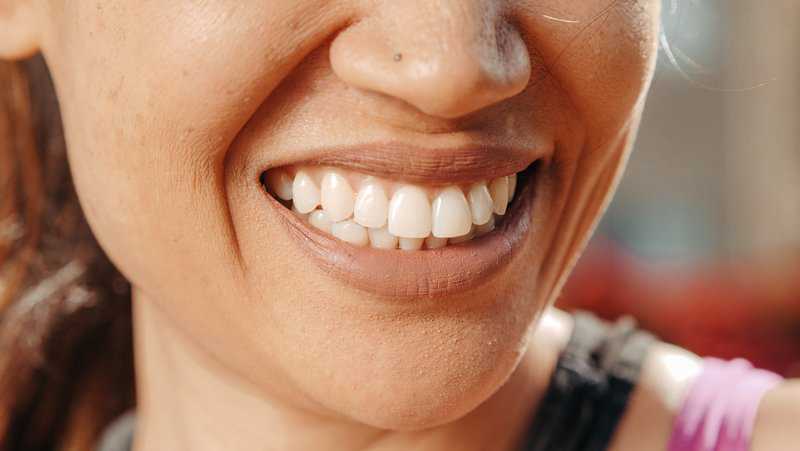Many different things can cause tooth pain, from a cavity to an abscess and anything in between. It’s always wise to see your dentist in Cary if you’re experiencing pain as it’s typically a sign that something is going on inside your mouth that should be checked out. But one thing that’s often overlooked when it comes to tooth pain is your bite or the way top teeth meet the bottom teeth when biting down. The truth is, a bad bite, or malocclusion can also cause unexplained pain.
What’s a Bad Bite?
The way your upper teeth and lower teeth come together when you bite down is an important part of your oral and overall health. After all, proper bite function helps with your ability to chew, swallow, and even breathe. A healthy bite also makes it easier to care for teeth and lowers the risk of enamel erosion and jaw pain. If your upper teeth fall slightly over your lower teeth and the points and grooves in your back molars fit together like a puzzle, chances are you have a good, healthy bite. If they don’t, it’s more likely that you have a bad bite. Bad bites can cause jaw pain, enamel erosion, bad breath, dry mouth, and many other dental problems that will require visits to your dentist in Cary.
Types of Pain Caused by a Bad Bite
While many bad bites have obvious signs, such as “buck teeth” or a lower jaw that protrudes, others aren’t as obvious until there’s pain involved. Some types of pain that may be a sign of a bite include:
- TMJ Pain – Your TMJ, or temporomandibular joint, helps you open and close your mouth. When your teeth don’t line up, it can cause stress on this joint and result in jaw pain, stiffness, or clicking when opening and closing your mouth.
- Headaches – While headaches are a sign of TMJ trouble, they can also indicate a problem with your bite. When your bite is misaligned, the muscles in your jaw, which connect to your head, can become strained and cause headaches.
- Tooth Pain – Even though tooth pain can be caused by any number of things, if you have a bad bite, you’re at more risk for enamel erosion and excessive wear and teeth, all of which can cause tooth pain.
What Causes a Bad Bite
Bad bites are usually considered a problem reserved for kids or teens, but adults can develop bad bites too. Most bad bites are the result of genetics, but others can be contributed to things such as:
- Thumbsucking
- Pacifier use
- Dental injuries
- Nail biting
- Tooth grinding
- Bone or tooth misalignment
- Pushing the tongue against the teeth
4 Different Types of Bad Bites
Bad bites can present themselves in a variety of ways, but many can be classified into four main types of bad bites. The four different types of bad bites are:
- Underbite – when the lower teeth fall over your top teeth
- Overbite – when the top teeth hang out too far over the bottom teeth
- Crossbite – when a top tooth, or even several top teeth, fall inside of lower teeth
- Open Bite – when the front teeth the molars on top don’t touch those on the bottom
The best way to know for sure if a bad bite is to blame for any pain you have is to see your dentist in Cary. They’ll talk to you about whether or not a bad bite is causing your pain as well as the best way to alleviate your discomfort.
